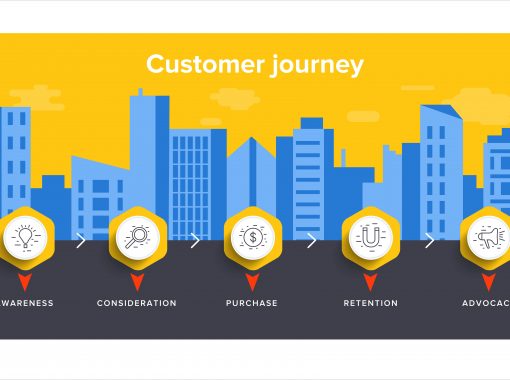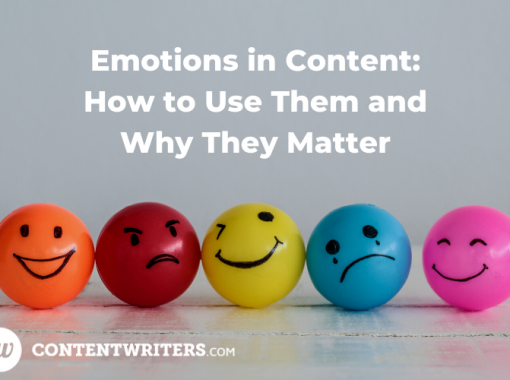
Why Research is the Most Important Element of Content Marketing
Research is a crucial aspect of any business. Without research, you wouldn’t have the vital information necessary to start your company. From market analysis to identifying a target demographic, research is the key to a successful business venture. Not surprisingly, your written content and content marketing strategy relies on extensive research as well.

Research makes all the difference when it comes to good content writing.
Research is the Foundation of a Strong Content Marketing Strategy
The first step to building a content marketing strategy is to define your path and goals. However, how will you know what path to follow without the proper research? Through each step of strategizing your content marketing efforts, you need to engage in extensive research to ensure that you are following the correct path.
Your content marketing path includes the platforms you utilize, the type of content you create, and the audience you target. These decisions cannot be made without in-depth research into each possible marketing route or decision. The entire foundation of your content marketing plan is defined by what comes to light during the extensive research process.
Research can provide you with definitive answers to questions including:
- Will my intended audience respond to content in the first place?
- Where does my audience go online?
- How does my audience engage with brands and businesses online?
- What specific topics will resonate best with my audience?
In addition to the preferences of your audience, research sheds light on how your competition is doing by answering:
- What type of content is my competition using?
- Is the audience responding to and engaging with their content?
- Does their content have weight or authority?
- Are the right people sharing and interacting with their content?
- Are their readers converting into loyal, paying customers?
Once you have answered those questions and embarked on your content marketing journey, research helps you understand how you are doing thus far. To comprehend the current status of your content marketing strategy, take a look at your website traffic, social shares, and more to determine what is working and what isn’t.
Research Adds Validity to Your Content
When creating content, you need statistics, facts, and even opinions to back up your point. How do you find the necessary information? Research!
Your readers will not want to consume content that was created out of speculation. By thoroughly researching and crediting the proper sources of information, you will show your readers that you care about providing them with highly educational and relevant content. In turn, they will offer you their trust and loyalty. It’s a win-win situation for all involved!
How to Properly Credit Your Research and Content
From images to statistics and beyond, you can find endless sources of information online. However, this doesn’t mean that you can take it for your own. Someone out in the world spent time and resources creating this informational content, and you must properly cite their work if you choose to use it as part of your content marketing strategy.
There are several ways to properly cite sources and professionals online. HubSpot offers a guide on how to give credit to your sources across multiple facets of the Internet, including on social media. To break it down, it is common courtesy to link to the blog post or website with the information and state who the originator of the research/advice is.
Writing Content With Research in Mind
At ContentWriters, we understand that it’s difficult to find time to create content in the first place. Adding research on top of that steals valuable time you could be spending on other areas of your business. Our writers understand all the proper research tools, tactics, and writing styles. Let us handle your content writing needs and order your first piece of content today!
Image courtesy of David Castillo Dominici at FreeDigitalPhotos.net




